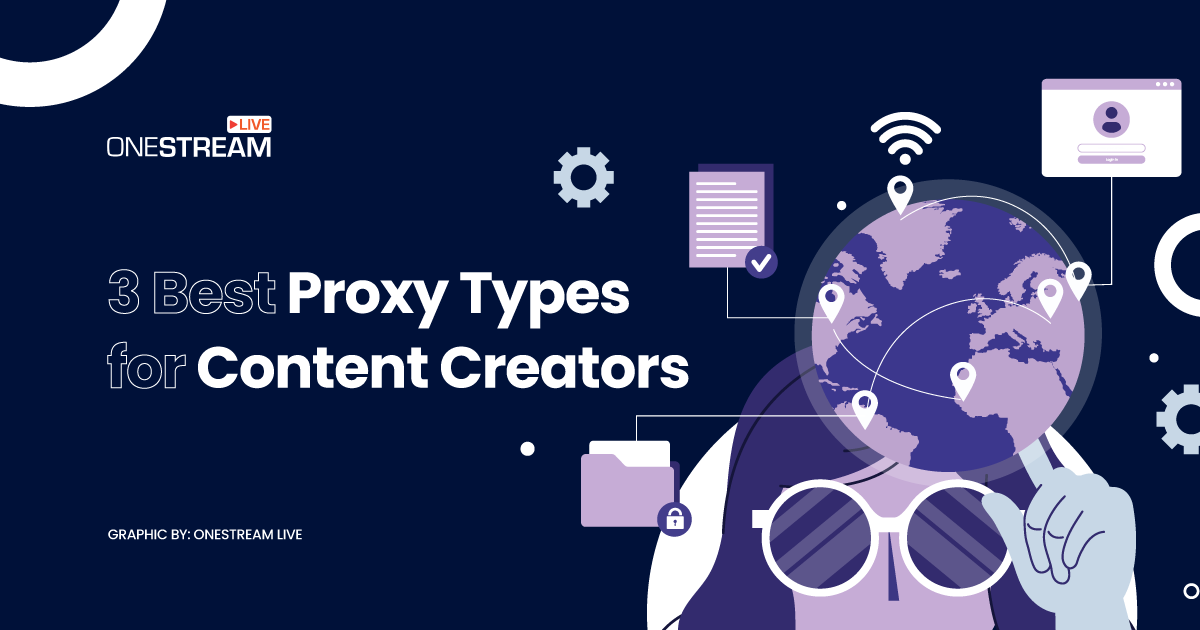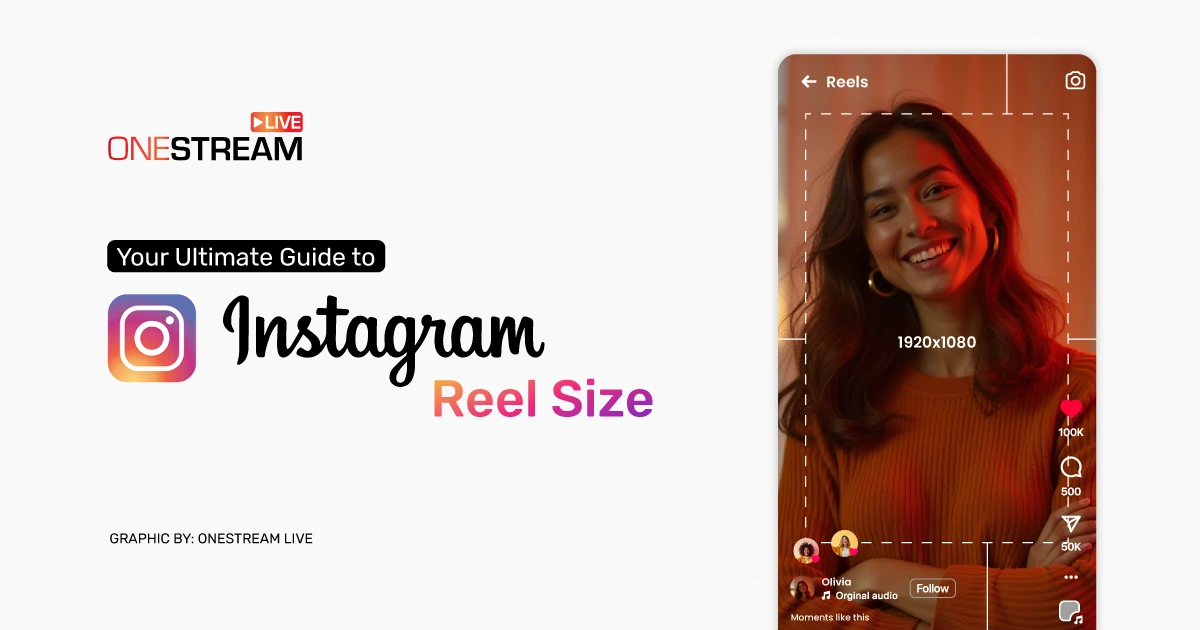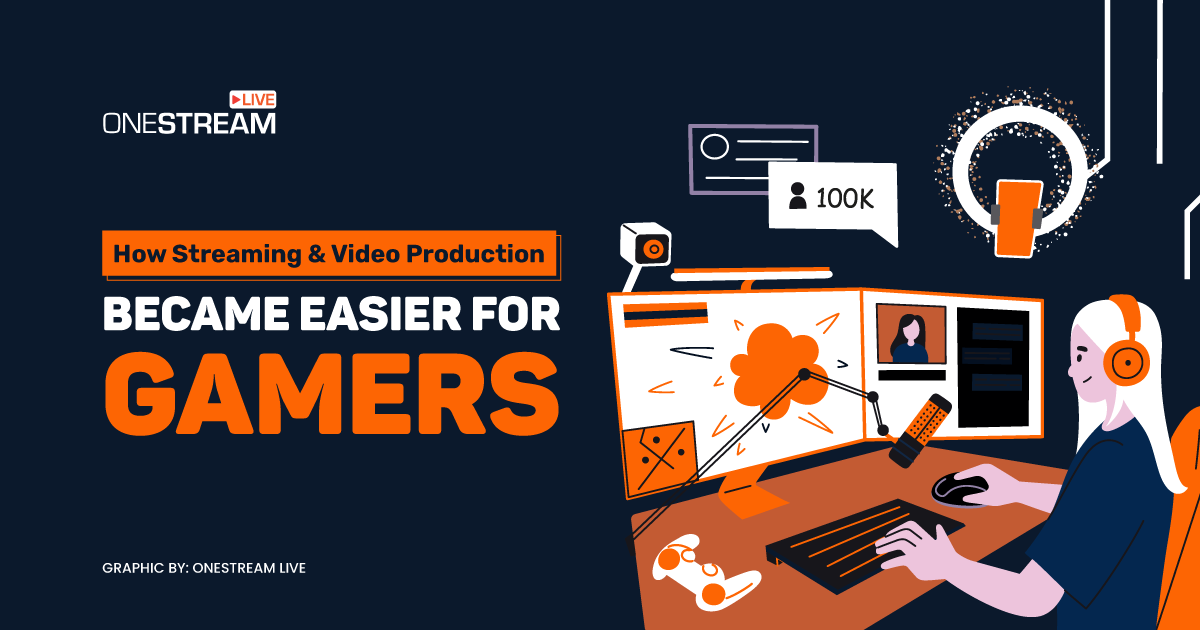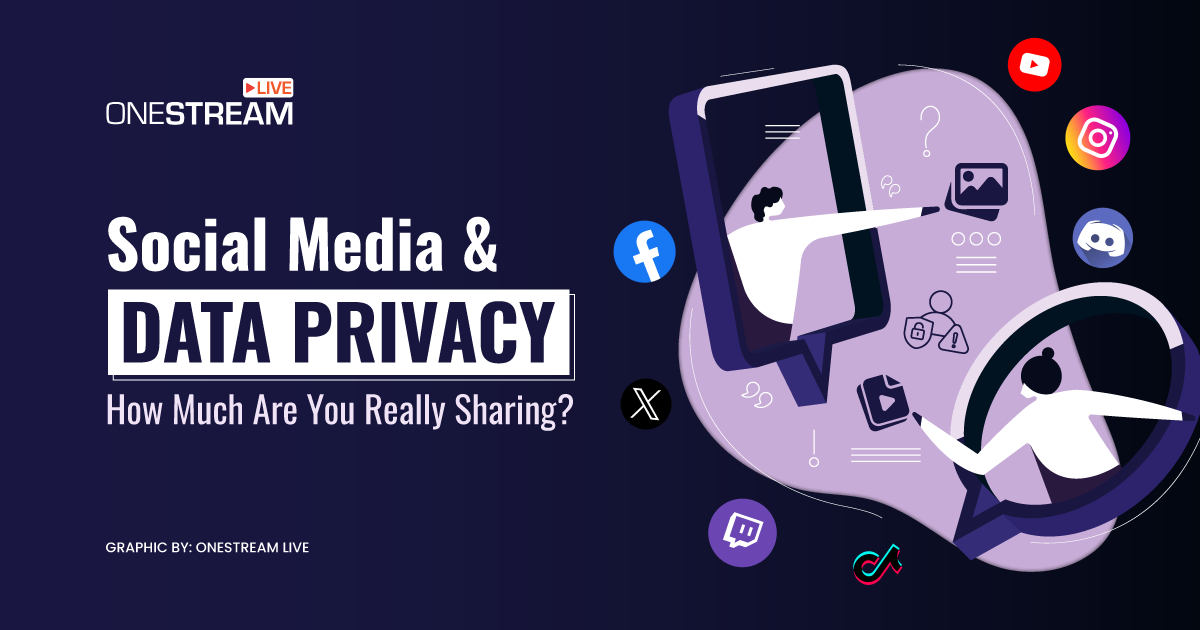Proxy servers are intermediaries that route your network requests to change IP addresses and related information. It’s a crucial tool for bypassing geo-restrictions, increasing anonymity, collecting data, managing social media accounts, and many other tasks.
Proxies are often marketed as best for one or another use case. But is there such a thing as the best proxy type overall, and if so, which one might it be? This article will answer this question so you can finally get over the advertisements and purchase real quality proxies.
What are Proxy Servers and How do they Work?
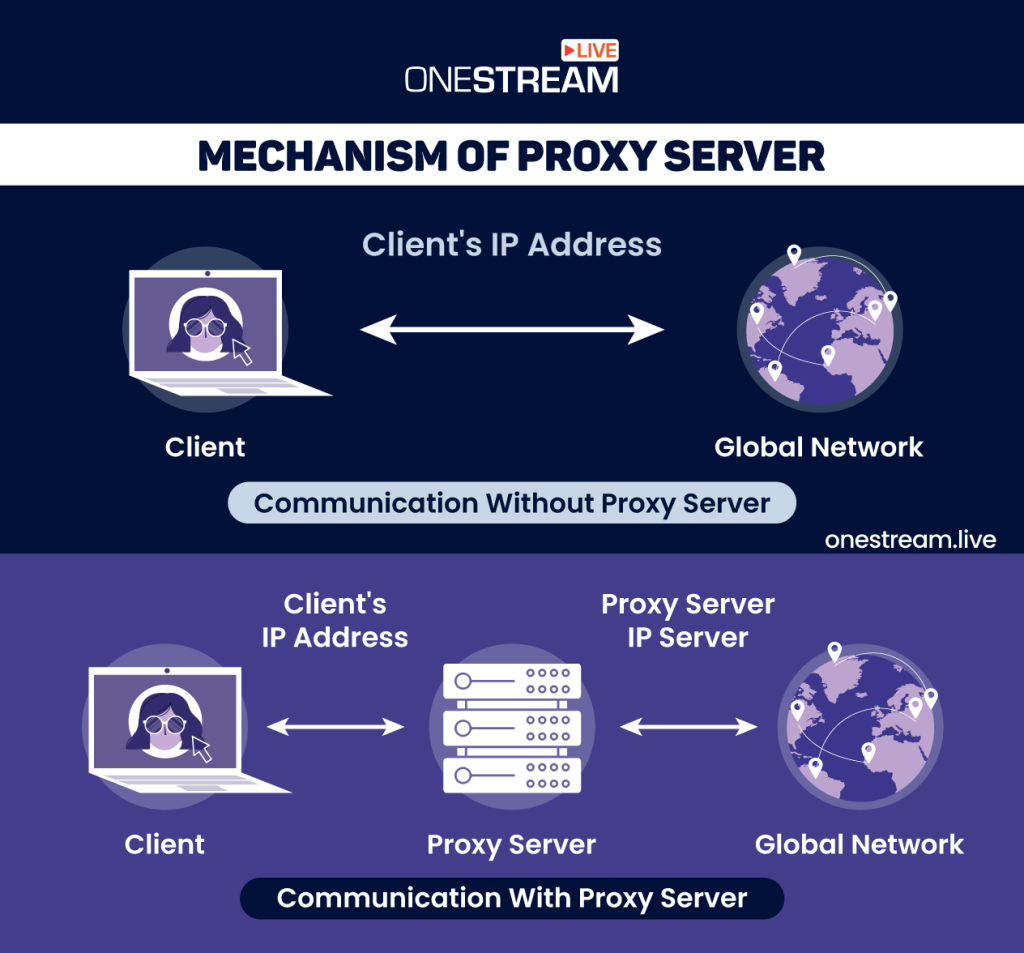
At the face of it, proxies are a simple piece of web infrastructure. They are just intermediaries routing network requests from the user to the target. In part, such opinions are true since many proxy types are just marketing fluff.
Mostly, these proxy servers are created for specific purposes, such as sneaker copping proxies, web scraping proxies, social media proxies, and so on. It’s true that these proxies might be tested so as not to be blocked on relevant web pages for their purposes. However, under the hood, they are proxies just like every other one.
That’s why you should avoid using case-specific types of proxies when looking for the best ones. Instead, it’s much better to look into three criteria used for formulating types – the source of the IP address, user access, and IP address rotation.
There are other options to choose from, but they are rarely covered on the proxy providers’ landing pages. Part of the reason is that most other types are, by default, used anyway. For example, no legitimate provider would offer SOCKS5 incompatible proxies in 2024.
Similarly, no provider that advertises their proxies for privacy purposes would offer only transparent proxies. It’s standard that all proxies are anonymous these days in that they don’t tell the target servers that they are proxies. Transparent proxies can have their use cases, but they are more useful in building B2B infrastructure.
Top Three Proxy Types
There are plenty of factors reliant on the provider that we won’t cover here. Uptime, price, compatibility issues, performance issues, pre-blocked IPs, and other factors are really important when using proxies. However, if a certain proxy type is more often blacked than others, it’s not because the type is bad. It’s the provider that can’t deliver.
A general rule for this list is that the more use cases a proxy type can be applied to, the better it is. As we will see, this does not account for the price of proxies or how difficult it is to get them in general. However, if you want to scout for the best options, this list is great for shopping priorities.
Private Static Residential Proxies
Rotating Datacenter Proxies
Rotation here simply refers to the fact that IP addresses are changed after some period or for every new task that is initiated. Technically, rotating proxies aren’t one proxy but multiple intermediary servers (virtual or physical ones) working together in a pool.
Rotation ensures that proxy IP addresses are more difficult to detect, track, and block, so many proxy use cases benefit from it. However, some proxy types might lose performance when IP addresses are rotated frequently. Your device must disconnect and reconnect from one proxy server to another, which takes time and creates lag.
Residential proxies experience the most performance loss from rotation. That’s why the second best option is rotating datacenter proxies. They are exclusively run on virtual machines on powerful datacenter servers. One such server can create thousands of IPs, which means that rotation is often happening on the same device.
If your use case requires IP rotation, choose a private pool of datacenter proxies. No other type can work so well when on rotation.
Mobile Proxies
Fifteen years ago, no one would have guessed that we would be able to run proxies on small portable devices. Nowadays, it’s not just a proxy type. It might become the best proxy type quite soon. The reason is that most IP addresses on the internet are mobile, so it’s best to blend in with them.
In fact, some internet services are inaccessible without a mobile IP address. For example, Instagram and TikTok work differently on mobile, and many smaller websites have different mobile versions.
Plus, if you manage multiple social media accounts or stream across different platforms, integrating a multistreaming service like OneStream Live can really boost your reach while keeping your streams smooth and secure, with the added privacy of your mobile proxies.
If you start automating tasks or collecting data with an IP address from a PC, you are likely to get banned. That’s why mobile proxies are often preferable and legitimately in the top three.
Final Words
ISP proxies are clearly the best option and deserve the title of ‘premium proxies’ that most providers give them. However, the situation can change quite quickly as technology improves, and new types of proxies, especially mobile ones, might be created soon.
OneStream Live is a cloud-based live streaming solution to create, schedule, and multistream professional-looking live streams across 45+ social media platforms and the web simultaneously. For content-related queries and feedback, write to us at [email protected]. You’re also welcome to Write for Us!

